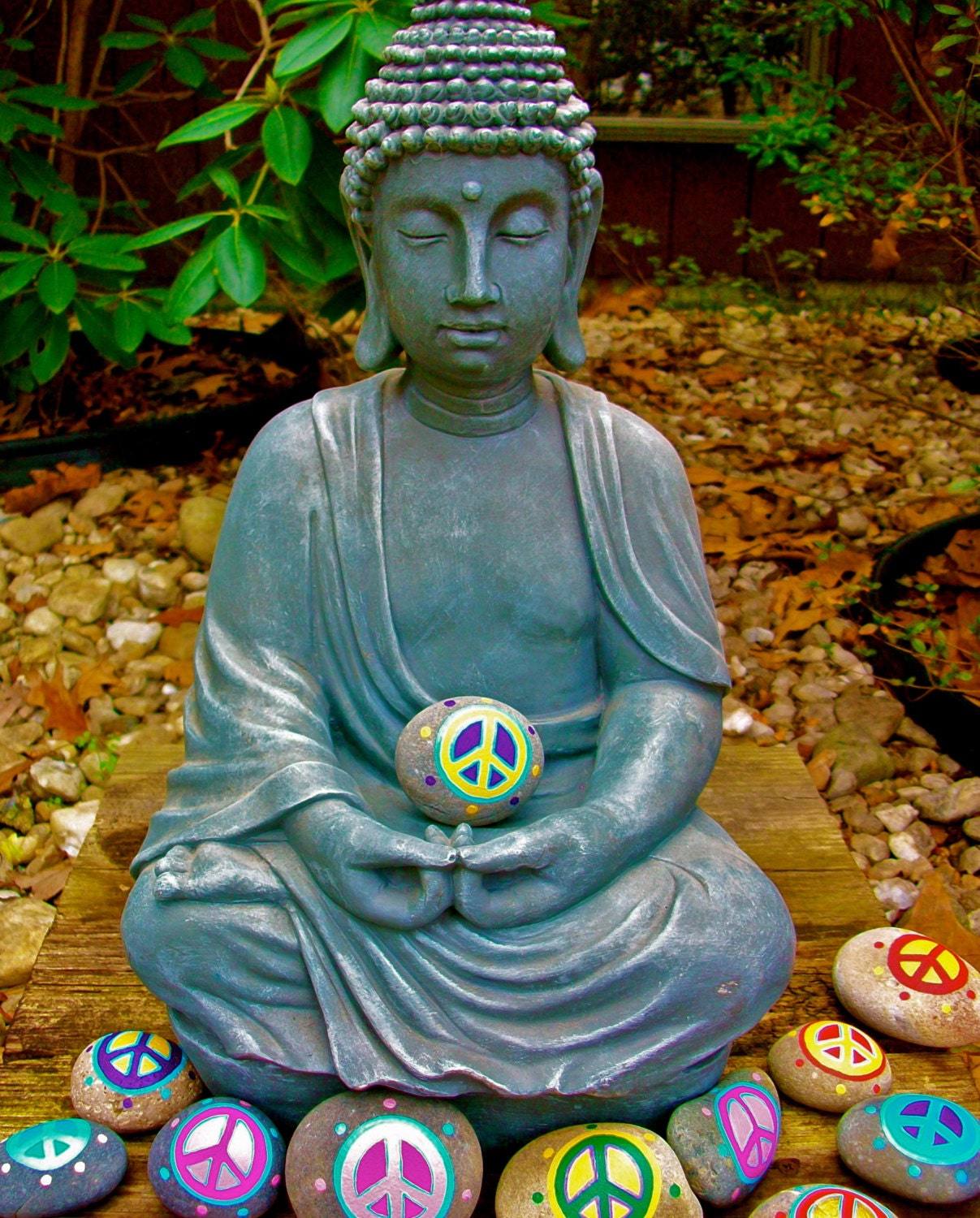Testing the theory of "subliminal priming," researchers found that introducing language associated with Buddhism decreased explicit prejudice against ethnic, ideological, and moral groups other than those of the person. The results challenge the idea that religion promotes prosocial behavior among its members but prejudice toward those outside the group, the authors said. Prosocial behaviors include having compassion and empathy, along with a sense of responsibility for others.
That doesn't mean Buddhism is better, the authors stressed.
"What we really want to argue is that Buddhist concepts are associated with tolerance, across cultural groups," Magalli Clobert, a post-doctoral student at Stanford and one of the study's authors, told The Huffington Post. "It means that, at least in people's mind, there is a positive vision of Buddhism as a religion of tolerance and compassion."My immediate reaction is to list places where that's not true, a compendium of Buddhist behaving badly. That stems, in part, from my Buddhist training -- question everything, especially blanket perceptions. Ask yourself, when those perceptions arise: Is this true? Is it always true? Are there exceptions? Is this solid and permanent? Nope.
But after holding it for a while, I've decided that it's not untrue, either.
One of the beauties of Buddhism is that the Buddha doesn't mandate tolerance. He says, look into yourself and see what makes you intolerant. What makes you uncomfortable? Examine that -- if it is because the person is different, can you find areas of similarity? You both breathe, for starters. You both want to continue breathing. You both love things, maybe different things, but that feeling of love is the same. You're both humans in a confusing world. There's a common ground to start with, and if you dislike what the other person builds on that, you've still got that starting place to come back to so you can tolerate what does not harm your or the larger community and treat the other person with respect if you engage with them over their actions.
I saw this when I read a New York Times story about a woman who was asked to change her seat on an airplane because the man assigned to the seat next to her, an Orthodox Jew, was prohibited by his religion from sitting next to a woman who is not his wife.
I often use public transportation scenarios in equanimity meditation. I have a seat on a train. How do I feel if my BFF gets on and sits next to me? If an acquaintance I don't know much about takes that seat? If that talky, conservative co-worker gets it, or some smelly person?
My practice is about being OK with who other people are, not avoiding them. Seeing our shared humanity, even if we display it differently. Recognizing that we're all fighting our own battles and declining to escalate the war. Trying for tolerance and compassion -- and when I fail, knowing that I can keep trying, that small corrections lead to big changes.


No comments:
Post a Comment